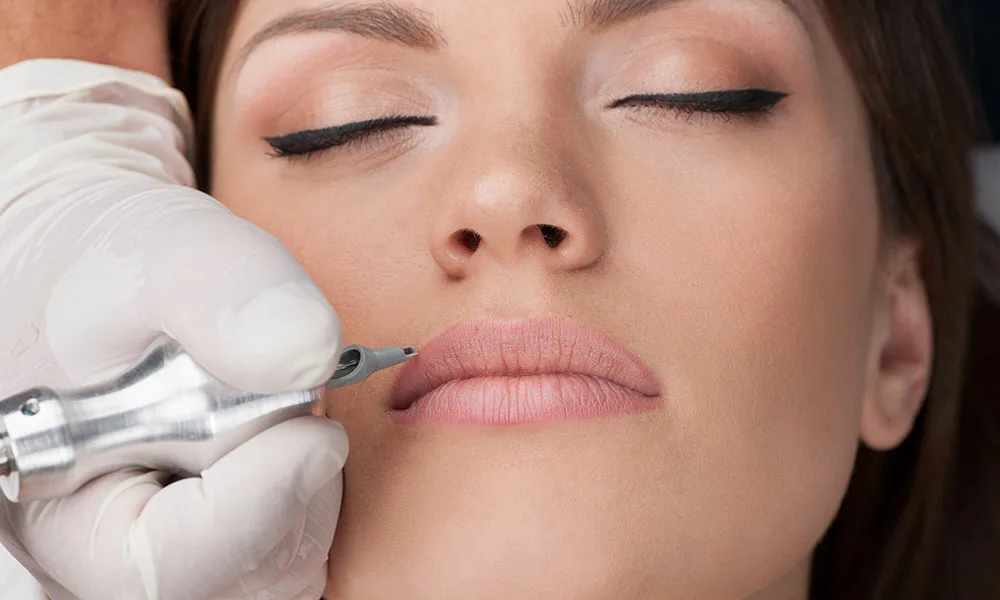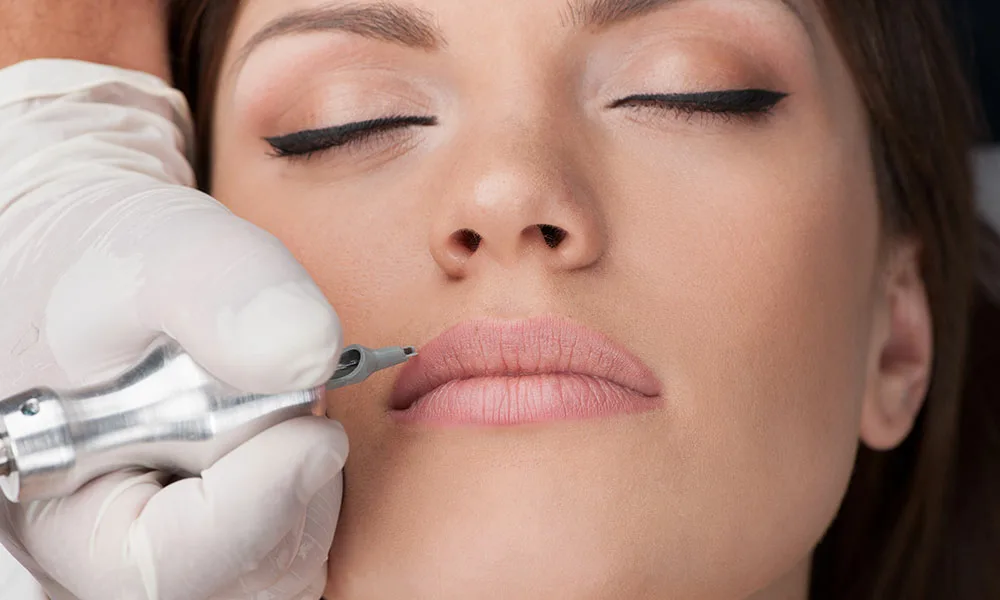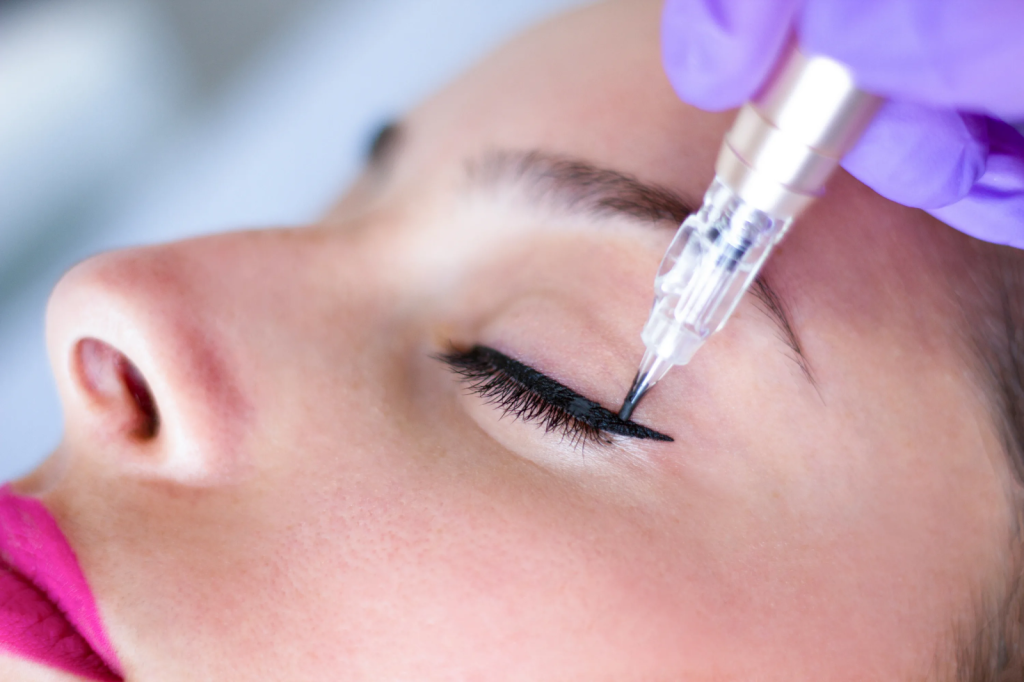In recent years, cosmetic tattoos have surged in popularity, offering individuals a permanent solution to enhancing their natural features and cutting down their daily beauty routines. Unlike traditional tattoos which are designed to stand out, cosmetic tattooing involves subtle pigmentation enhancements to areas like eyebrows, lips, and even the scalp. This article delves into the various reasons why people opt for cosmetic tattoos, from the allure of waking up with makeup to concealing imperfections for a confidence boost.
The basics of cosmetic tattooing

Cosmetic tattoos, also known as permanent makeup or micropigmentation, use tattoo techniques to apply designs that resemble makeup. From eyebrow shaping to lip coloring, these tattoos mimic the effects of cosmetics, providing long-term solutions for those looking to enhance their appearance. Their subtlety is one of the primary differences compared to traditional tattoos, which are typically more visible and intricate.
Motivations behind cosmetic tattoos
Many choose cosmetic tattooing to highlight their natural features without the need for daily makeup application. Two of the most sought-after enhancements are:
- Defining Eyebrows and Eyes:
Eyebrow microblading and eyeliner tattoos help define and shape the eye area, making brows fuller and eyes more pronounced. - Achieving Fuller-Looking Lips:
Lip tattoos can add color and definition, providing the appearance of plumpness and vitality to the lips.
Convenience and time-saving
One of the driving forces behind the growth of cosmetic tattoos is the convenience factor. People with busy lifestyles find these tattoos a game-changer because they no longer have to spend time applying makeup each day. This especially benefits those with active lifestyles or those who struggle with makeup due to physical limitations.
Medical and emotional benefits
For individuals who have undergone medical treatments or surgeries that have altered their appearance, cosmetic tattooing can be restorative. For example, breast cancer survivors might choose areola restoration to help regain what was lost after a mastectomy. Additionally, people suffering from hair loss conditions such as alopecia may benefit from scalp micropigmentation.
Boosting self-confidence and body image

Cosmetic tattoos offer emotional benefits by enhancing features people are self-conscious about, helping them feel more confident in their skin. This boost to self-esteem can significantly improve one’s quality of life, reinforcing the decision to choose cosmetic tattooing as a means of body positivity and self-expression.
Choosing a skilled professional
It’s imperative to select a professional who is well-trained and experienced in cosmetic tattooing. Researching and vetting potential technicians thoroughly can prevent dissatisfaction and complications. Factors to consider include:
- Credentials and licensing
- Hygiene and safety standards
- Before and after photos of their work
The Procedure: what to expect
The process of getting a cosmetic tattoo is meticulous and takes several hours. A well-structured procedure usually involves the following steps:
| Phase | Description |
|---|---|
| 1. Pre-procedure Preparation | Consultation with the artist, discussing desired outcomes and any potential allergies. |
| 2. During the Procedure | The application of the cosmetic tattoo, which involves a machine or handheld tool to implant pigment. |
| 3. Post-procedure Care | Aftercare instructions are provided to ensure proper healing and pigment retention. |
Longevity and touch-ups
Cosmetic tattoos are not entirely permanent and will fade over time. Sun exposure, skin type, and the color of the pigment used all influence their durability. Most clients will need to schedule touch-up appointments every 1 to 5 years to maintain their desired appearance.
Understanding the risks
As with any procedure, cosmetic tattooing comes with its risks, such as infections, allergic reactions, and unsatisfactory results. It’s important to discuss these potential complications with a healthcare provider and artist before proceeding.
Weighing the pros and cons
When considering cosmetic tattooing, it’s crucial to weigh the benefits against the risks. Taking the time to make an informed decision can lead to a positive experience and results that meet expectations.
Conclusion
The decision to get a cosmetic tattoo is a personal one, with motivations rooted in beauty, practicality, and emotional well-being. While there are considerable benefits to this form of self-enhancement, the importance of selecting a skilled professional and understanding the potential risks cannot be overstated. Cosmetic tattoos can be a powerful tool for self-expression and confidence, provided they are approached with care and thoughtfulness.
FAQs:
Q1: Are cosmetic tattoos permanent?
A1: Cosmetic tattoos are usually semi-permanent, lasting anywhere from one to five years, depending on factors such as pigment color, skin type, and aftercare. Periodic touch-ups are recommended to maintain their appearance.
Q2: Is getting a cosmetic tattoo painful?
A2: Pain tolerance varies from person to person, but most people report a level of discomfort that is manageable. Professionals often use topical anesthetics to minimize pain during the procedure.
Q3: How much does a cosmetic tattoo typically cost?
A3: The cost of cosmetic tattoos can vary widely depending on the artist’s skill level, the complexity of the procedure, and geographic location. Generally, prices can range from a few hundred to thousands of dollars.
Q4: How do I choose the right professional for my cosmetic tattoo?
A4: It’s crucial to research and find a licensed and skilled professional with experience in cosmetic tattooing. Look for portfolios of their previous work, read reviews, and have a consultation before making the decision.
Q5: Can cosmetic tattoos be removed?
A5: Yes, like traditional tattoos, cosmetic tattoos can be removed, although the process can be complex. Laser tattoo removal is the most common method, but it can be time-consuming, costly, and requires multiple sessions. It’s important to consult with a medical professional for this service.





